Mason Bartosh’s experience in Tanzania
October 26, 2015
Junior Mason Bartosh is a normal guy, he plays soccer and hockey. Last summer however, instead of relaxing poolside like most students, he flew to the other side of the world to help a village in Tanzania.
The trip was led by Oak-Land Junior High English teacher Brandon Maxwell, who has been doing mission work in Madala Village since 2006. To emphasize how badly villages in Africa need help, especially with education, Maxwell described a typical public school.
“There are usually 100 children in a class room. Sometimes teachers don’t show up to class because they haven’t been paid by the government for teaching. In the classrooms that have teachers, the children usually can’t understand the English material they’re being taught so they mostly just have to behave or the teacher will get the switch. Also, they have to bring water to take care of the plants at their school,” Maxwell said.
Bartosh explained the kind of work he did with the children in the village for the two weeks he was there.
“We started each day at eight in the morning, and worked with the kids until around one in the afternoon. I played games with them, helped them with their English, and even helped with some of their academics,” Mason added.
Swahili is the native language in Tanzania, and school is taught in Swahili until sixth grade, when the school begins to use English. Students often fall behind because their English skills aren’t developed enough to be able to understand what they’re being taught.
What they did
During the trip, Bartosh and his team of 14 other mission trip members took an hour boat ride to the island of Zanzibar off the coast of Tanzania. Once
I realized what I had compared to others around the world, and how simple happiness could be.
— Mason Bartosh
“We decorated the walls with fun posters and inspirational quotes because the library was so boring and it was completely white. Also, we put the alphabet on the wall, and each letter had a picture to go with it. It helps the kids there learn english easier,” Bartosh added.
At the end of the week, the mission group organized a superhero party for the children of the village.
“All the kids dressed up like superheroes and we played a ton of games, and they all had a great time with it,” Bartosh said.
Comparing and Contrasting
Bartosh spoke about the differences in children in the Medala Village and American kids.
Bartosh said, “They’re very poor, and they often have only one or two sets of clothes. They usually have sandals but they prefer to go barefoot. The kids are super happy, they’re all just happy to be around people.”
Mason then compared Tanzania to the United States.
“They’re crazy drivers, weaving between cars anywhere they can. Not many of the roads are paved, only around the city. There’s trash everywhere, just on the side of the road and in ditches,” Bartosh explained.
“It was winter there, so the temperatures were mid 70s. But since it was winter, everyone seemed cold, and I saw this guy riding a motorcycle wearing one of those thick Colombia jackets and a hat,” said Bartosh.
Bartosh recalled a strange event that occurred during a morning run with the trip leader and another member of the mission trip.
“We were on a run in the morning one day, and we saw these kids who just looked shocked and scared of us. Maxwell told me they had probably never seen white people in their lives,” Bartosh said.
Mason compared his mission trip to other service projects.
Reflecting on the trip
“It was great to go, and it was a change from normal service. I can go to Feed My Starving Children, or pick up trash from a highway, but it was such an experience and it really opens up your eyes,” Bartosh said.
Lastly, Bartosh described how his trip impacted him.
“I realized what I had compared to others around the world, and how simple happiness could be,” Bartosh said.


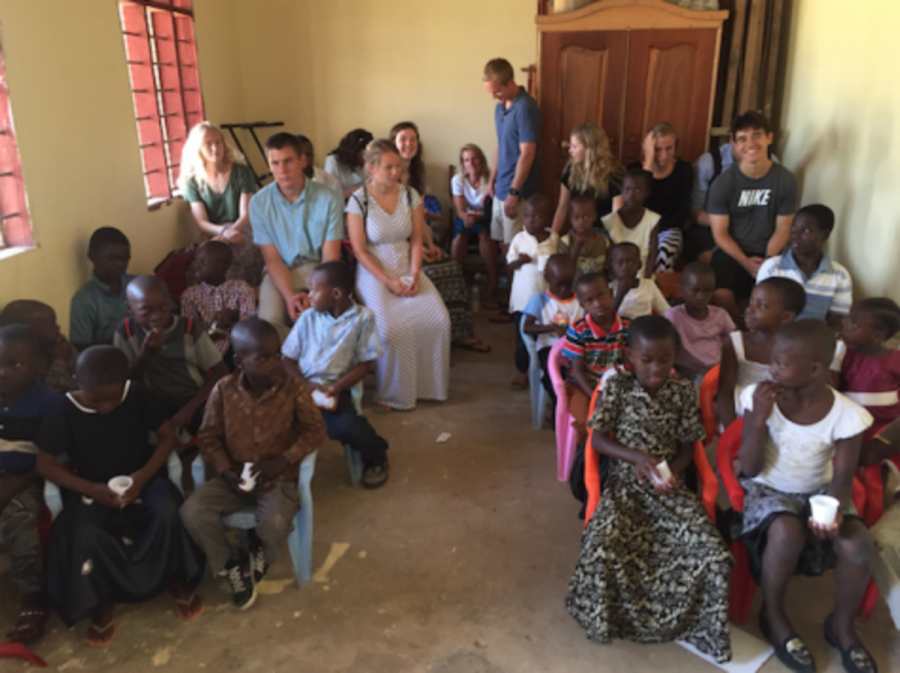
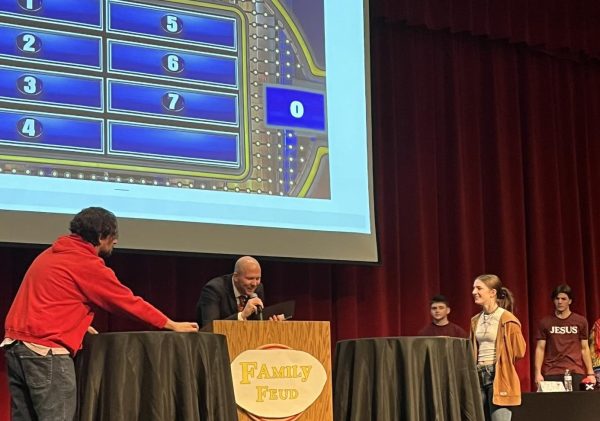
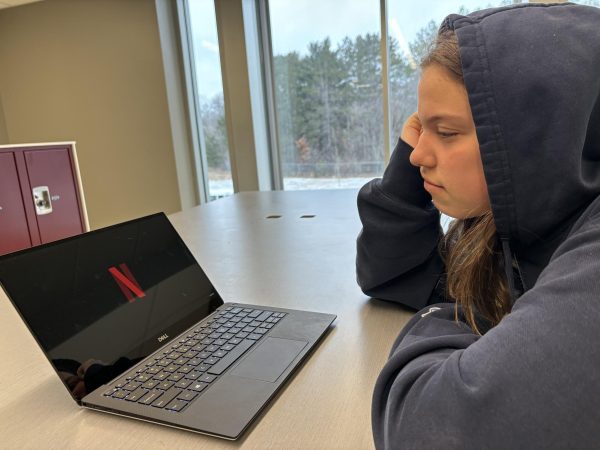
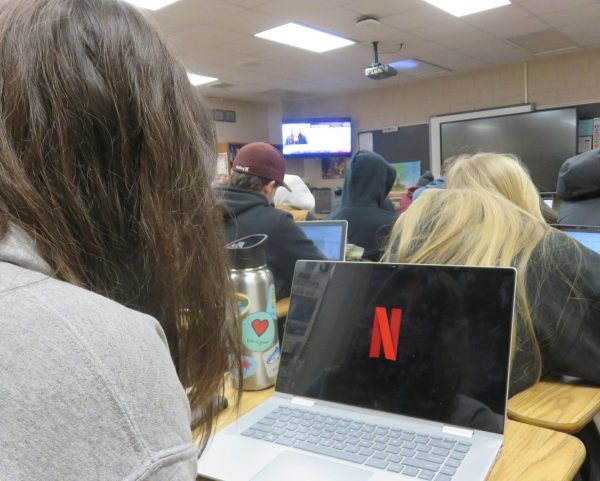
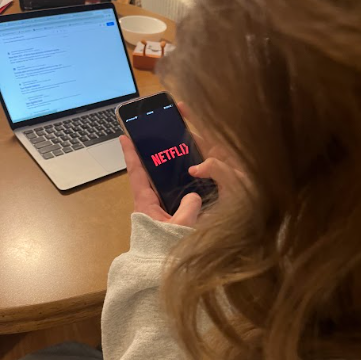

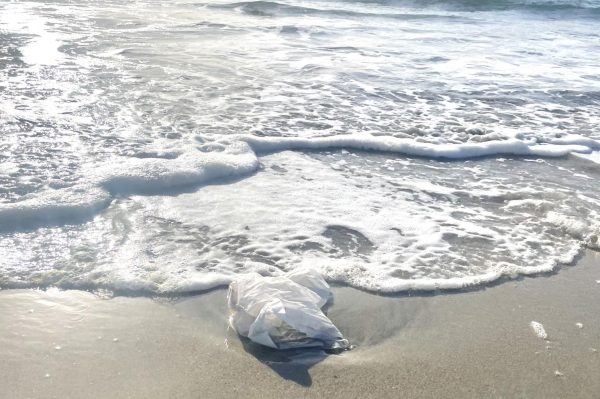
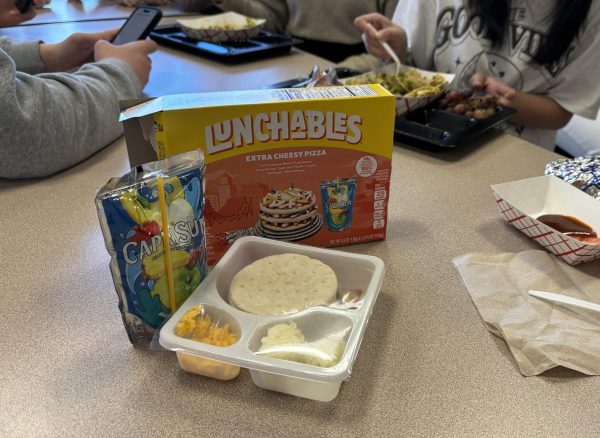
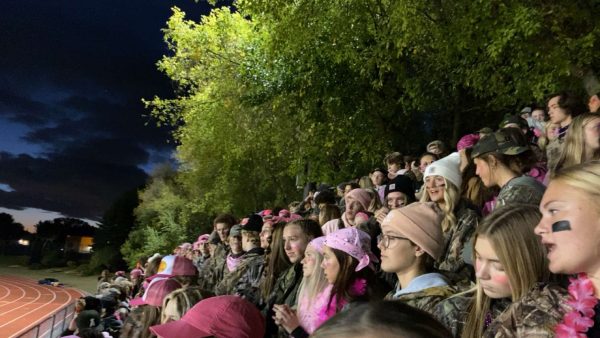
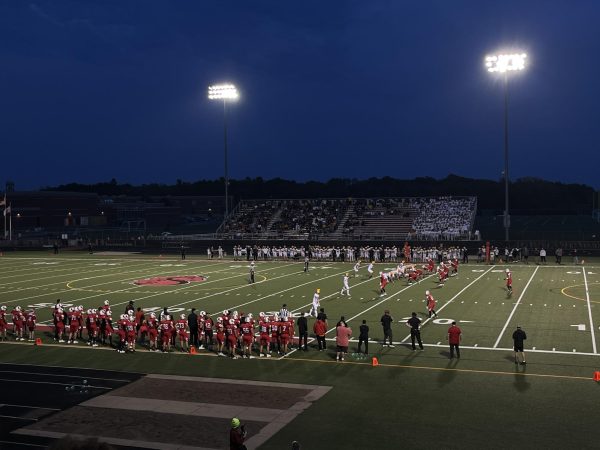
Annie Seiler • Nov 23, 2015 at 1:55 pm
The organization of this article is very good! Each of the section breaks are extremely well placed and they give the article a very good variety of broken up information. This article is extremely intriguing because it is a young kid in our community, doing something out there in the world to make a difference. The quotes are from people extremely relevant and make the story very meaningful. Each of the quotes characterize the people in the story very well, and help us gain insight to who they are as people.
Isabel Boedigheimer • Nov 23, 2015 at 1:30 pm
I loved the article, it’s great to see what Mason is doing! The name caught my attention because anything that has to do with students doing things that are far away (out of state, country, etc.) is interesting to me. I really liked the quote about the kids always being happy, it really makes you think what we all take for granted over here in the US. I loved your positive tone and way you organized the article.
Sarah McCarthy • Nov 10, 2015 at 2:01 pm
This article was incredibly written, and very interesting. Being able to know that there is students in our community willing to do good around the world is inspiring. The sources cited and comments used were perfect in context to your overall angle for this story. I immediately chose to read this article because within the first paragraph I was hooked. You did a great job gaining reader attention. This article also made me genuinely happy after reading, due to the positive but informative tone used in the article. Overall a great piece from top to bottom.